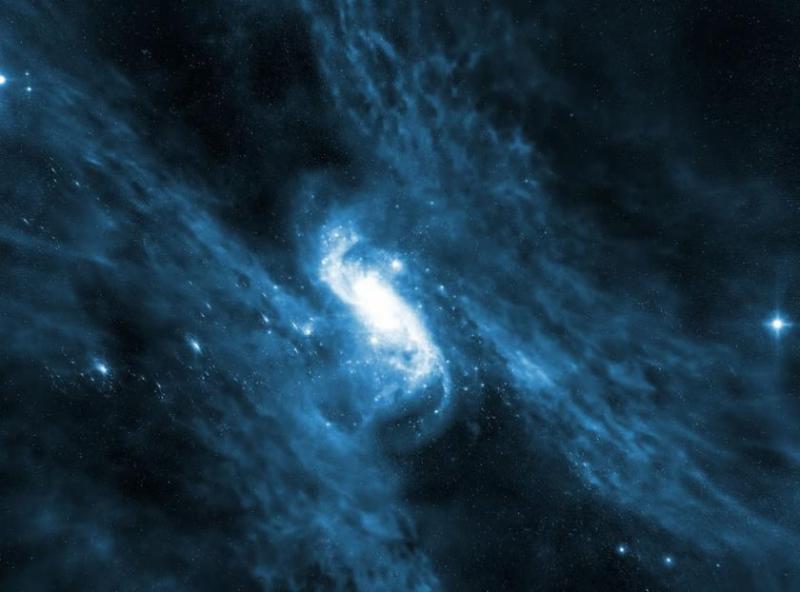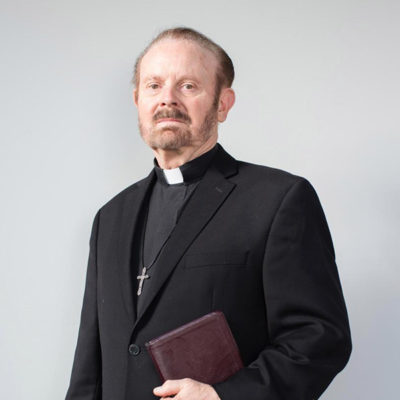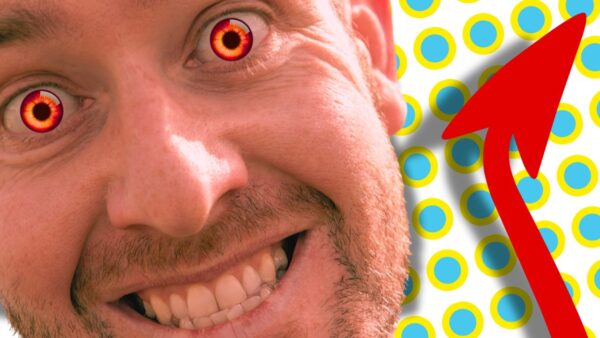
|
Tuesday, November 19th 2013
Take that Tina Turner line, “What’s love got to do with it?” shift it a little and you’ve got “What’s luck got to do with it?” That’s a question that more and more scientists are asking. We now know that the entire universe looks like either a grand design or a very, very lucky accident. In article in aeon Magazine, writer Tim Maudlin notes, “Theories now suggest that the most general structural elements of the universe – the stars and planets, and the galaxies that contain them – are the products of finely calibrated laws and conditions that seem too good to be true. What if our most fundamental questions . . . have no more satisfying answer than an exasperated shrug and a meekly muttered ‘Things just seem to have turned out that way’?” Maudlin’s observations are based on a lot of what ifs that populate our lives. What about the confluence of your parents, the egg and sperm they contributed to make you? Did that just happen? Science says the chance for you to exist at all has a factor of 10 to the 27th power, an unimaginable number. In short, you were very unlikely to be born, statistically speaking. If one throws out the idea of creation, that you and I are the real reason the universe exists, you are left with the idea that mere chance caused the nuclear reactions of the stars to bring about life. Even if you accept that an accidental cause resulted in human existence, you then have to explain what was behind the carefully calibrated coincidences that made it all happen. The evolutionist is left to define life as a fortuitous circumstance. A wondrous accident, but a capricious product of arbitrary conditions of the universe. As Maudlin, who doesn’t believe in a Divine origin of man puts it, the Big Bang theory of energy density requires that if you “pack the energy too densely . . . the universe will eventually re-contract into a big crunch; spread it out too thin and the universe will expand forever, with the matter diluting so rapidly that stars and galaxies cannot form. Between these two extremes lies a highly specialized history in which the universe never re-contracts and the rate of expansion eventually slows to zero. In order for the standard Big Bang model to yield a universe even vaguely like ours now, this particular initial condition had to be just right at the beginning.” All this is another way of saying, “In the beginning God . . . ” Someone had to be there, some power outside the hydrogen and helium was present guiding the process. Why then is it so hard for scientist to accept a Creator? They already have faith in capricious processes. Should it be so hard to have faith in Intelligent Design? An encouraging word: THE BEGINNING OF CREATION
Bob Larson has trained healing and deliverance teams all over the world to set the captives free and Do What Jesus Did� (Luke 4:18). You can partner with Bob and support this vision to demonstrate God’s power in action by calling 303-980-1511 or clicking here to donate online.
|







